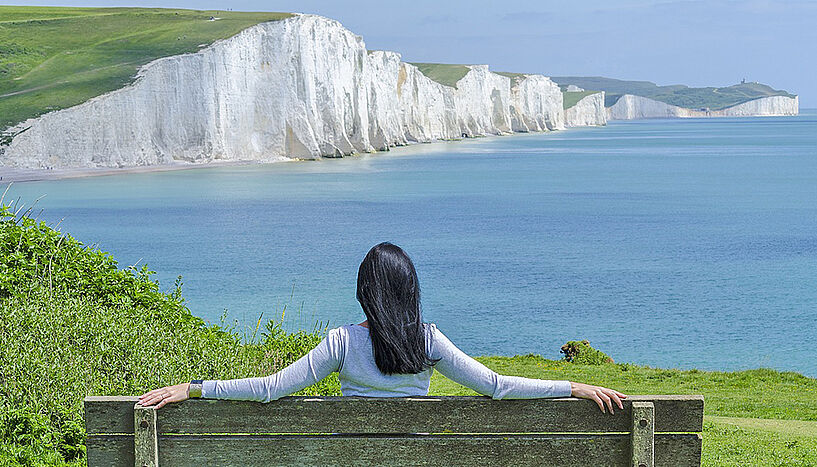University of Vienna to lead new 4-year EU project on nature-based therapies
01. June 2023
© Neri Vill via Pixabay
The goal is a collection of open-access Nature-based Therapy Guides for different stakeholders, practitioners and policy makers
Led by researchers at the University of Vienna, today sees the start of a new 4-year Horizon Europe project investigating the benefits and challenges of nature-based therapies for a range of physical and mental health issues.
There is growing evidence that spending time in natural and semi-natural places such as urban parks, woodlands, mountains, rivers and beaches can reduce people’s risk of various health and social challenges including heart disease, diabetes, stress, depression, and loneliness and build their resilience to cope with every-day and longer-term life challenges.
Many relatively small-scale "nature-based therapies" have sprung up across the world to support people with these and other conditions to access nature for their health and wellbeing. However, little is known about their overall effectiveness or how desirable or feasible it is to make nature-based therapies more mainstream, acceptable to both patients and health care professionals, while also recognising the possible impact on sensitive natural environments.
The new €6.3million EU Horizon Europe and UK Research & Innovation funded RESONATE project (Building individual and community RESilience thrOugh NATurE-based therapies) will explore these issues with a review of interventions globally, in-depth exploration of 9 nature-based therapy Case Studies across Europe, and three Social Innovation Actions which will develop community focused nature-based resilience Hubs to demonstrate best-practice for scaling-up and scaling-out successful interventions. Experts running nature-based therapies in America, Australia and Canada will be among those advising the project.
The project’s lead investigator, Dr. Mat White of the University’s Cognitive Science Hub, said "The idea that spending time in nature can benefit people’s health and wellbeing is not new but translating this into specific therapies that are recognised and supported by doctors, health practitioners and social care systems, as well as being accepted by local communities and landowners, remains a challenge. By working with stakeholders from all groups to design and test workable solutions we hope to inform best-practice and wider uptake of nature-based therapies to promote public health."
Other members of the team at the university include psychologists Prof. Sabine Pahl and Prof. Martin Voracek who will be supporting the integration of data coming in from the various projects across the continent. The RESONATE project runs from June 2023 until May 2027 and will use the results of the research to produce a collection of open-access Nature-based Therapy Guides for different stakeholders, practitioners and policy makers. These guides will help local communities decide if introducing nature-based therapies in their area is right for them, and if so provide a road map for how best to ensure the interventions are as acceptable and effective as possible.
The Resonate project is funded by the European Union’s Horizons Europe research and innovation programme under grant agreement No: 101081420; and through associated funding from the UK’s Research & Innovation agency.
Scientific contact
Mathew White, BSc MSc PhD
Vienna Cognitive Science HubUniversität Wien
1090 - Wien, Kolingasse 14-16
+43-1-4277-22005
mathew.white@univie.ac.at
Univ.-Prof. Dipl.-Psych. Sabine Pahl
Institut für Psychologie der Kognition, Emotion und MethodenUniversität Wien
1010 - Wien, Liebiggasse 5
+43-1-4277-47150
sabine.pahl@univie.ac.at
Further inquiry
Mag. Alexandra Frey
Media Relations ManagerUniversität Wien
1010 - Wien, Universitätsring 1
+43-1-4277-17533
+43-664-8175675
alexandra.frey@univie.ac.at
